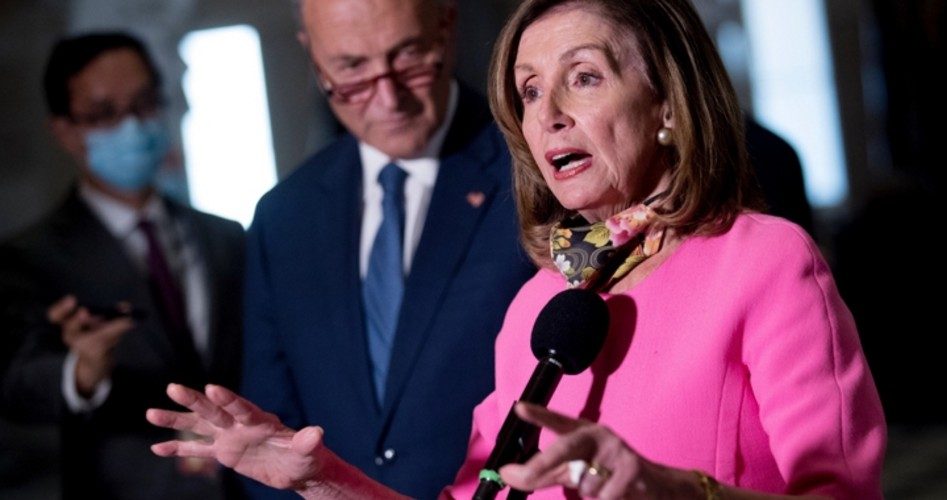
Following a stalemate in negotiations between the administration and Democratic leaders in Congress, President Trump signed an executive order and issued three memoranda on August 8 to provide temporary unemployment benefits to out-of-work Americans who lost their jobs as a result of government shutdowns during the coronavirus pandemic. The Trump orders would also suspend payments on some student loans through the end of the year, allocate funds to provide “assistance to renters and homeowners” to help renters facing eviction from their homes, and eliminate payroll tax deductions through the end of the year for workers who earn less than $100,000 annually.
Trump’s political opponents were critical of the move, saying he had “cut” benefits from the $600 weekly being paid under the program that expired in late July. However, since the previous program was no longer paying anything, the Trump measure would be $400 more than recipients would otherwise have received.
Federal and state governments work jointly to provide unemployment benefits to eligible employees who have lost their jobs, with the federal government paying 75 percent and the states paying 25 percent. Trump’s measure would allow states to provide up to $400 per week in expanded benefits, with the federal share ($300) coming from FEMA’s Disaster Relief Fund. The states will be expected to provide the extra $100.
House Speaker Nancy Pelosi, during an interview with CNN’s Dana Bash on State of the Union on August 9, called Trump’s executive actions on coronavirus relief “absurdly unconstitutional.”
What of Pelosi’s charge that the executive orders are unconstitutional? When a liberal Democrat such as Pelosi charges that a federal relief program is unconstitutional, you know she has an axe to grind. Pelosi is obviously dissatisfied with the amount that Trump authorized after she and Senate Minority Leader Chuck Schumer (D-N.Y.) failed to reconcile their $3.4-trillion coronavirus-relief plan with Senate Republicans’ much smaller $1.1-trillion proposal.
If Trump had agreed to provide the $3.4 trillion that the Democrats wanted, there is little doubt Pelosi would have found the expenditure constitutional. Pelosi’s charge that Trump’s orders for coronavirus relief are “absurdly unconstitutional” are simply sour grapes.
Though she attempted to play the “unconstitutional” card, Pelosi’s real beef was that Trump did not want to spend as much as the Democrats did.
“Everything is left out, our assistance to the schools, feeding the hungry, helping people who are going to be evicted,” she complained.
A strict constitutionalist who believes in abiding by the 10th Amendment would say, correctly, that since the Constitution does not grant federal government power to provide unemployment funds, that power belongs to the states. Therefore such funding is unconstitutional — but so are a majority of federal programs that have been put in place since Franklin D. Roosevelt’s New Deal.
Expecting Trump to unravel unconstitutional programs that not even Ronald Reagan was able to dismantle is a tall order, especially with Democrats in control of the House.
Photo: AP Images
Warren Mass has served The New American since its launch in 1985 in several capacities, including marketing, editing, and writing. Since retiring from the staff several years ago, he has been a regular contributor to the magazine. Warren writes from Texas and can be reached at [email protected].



